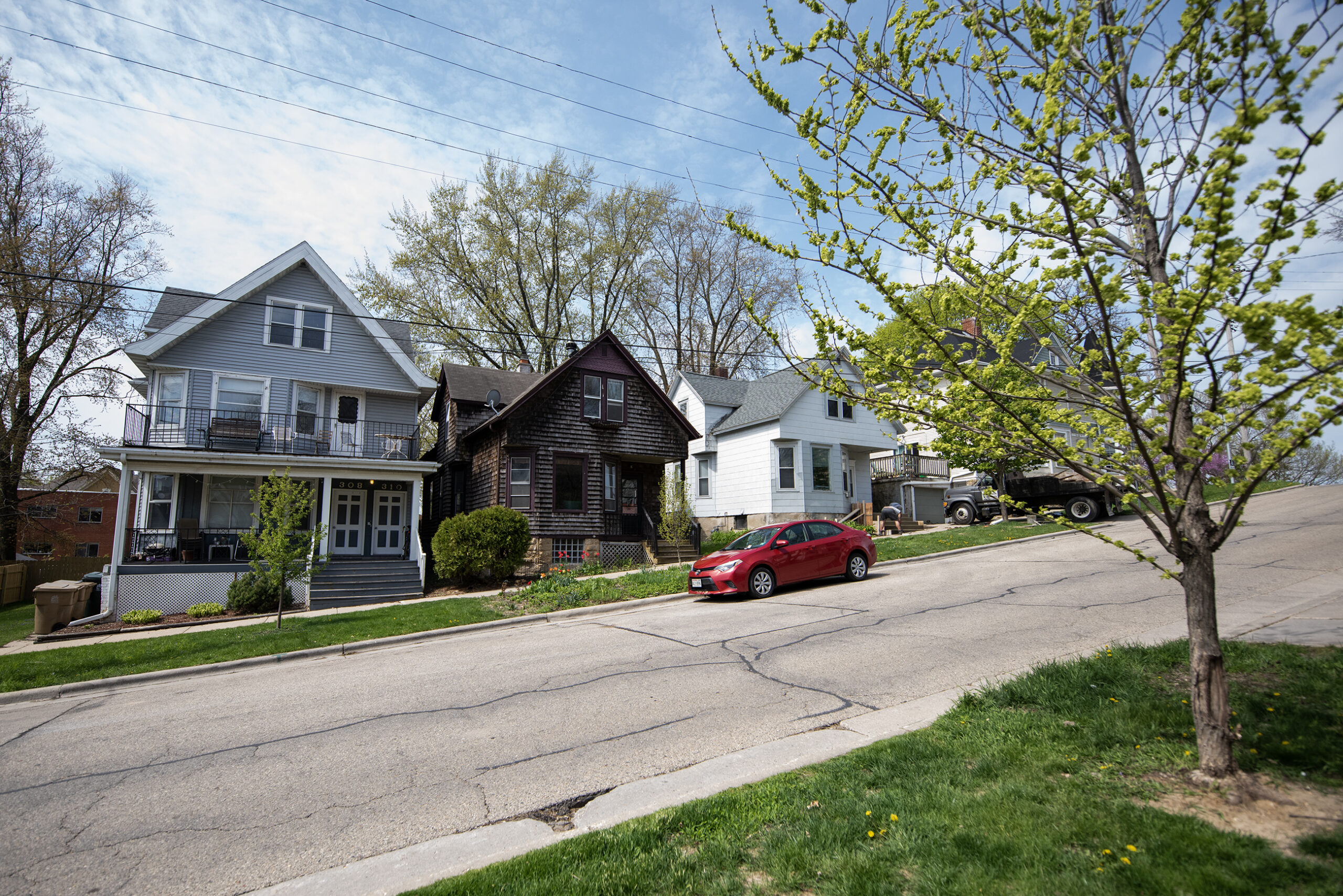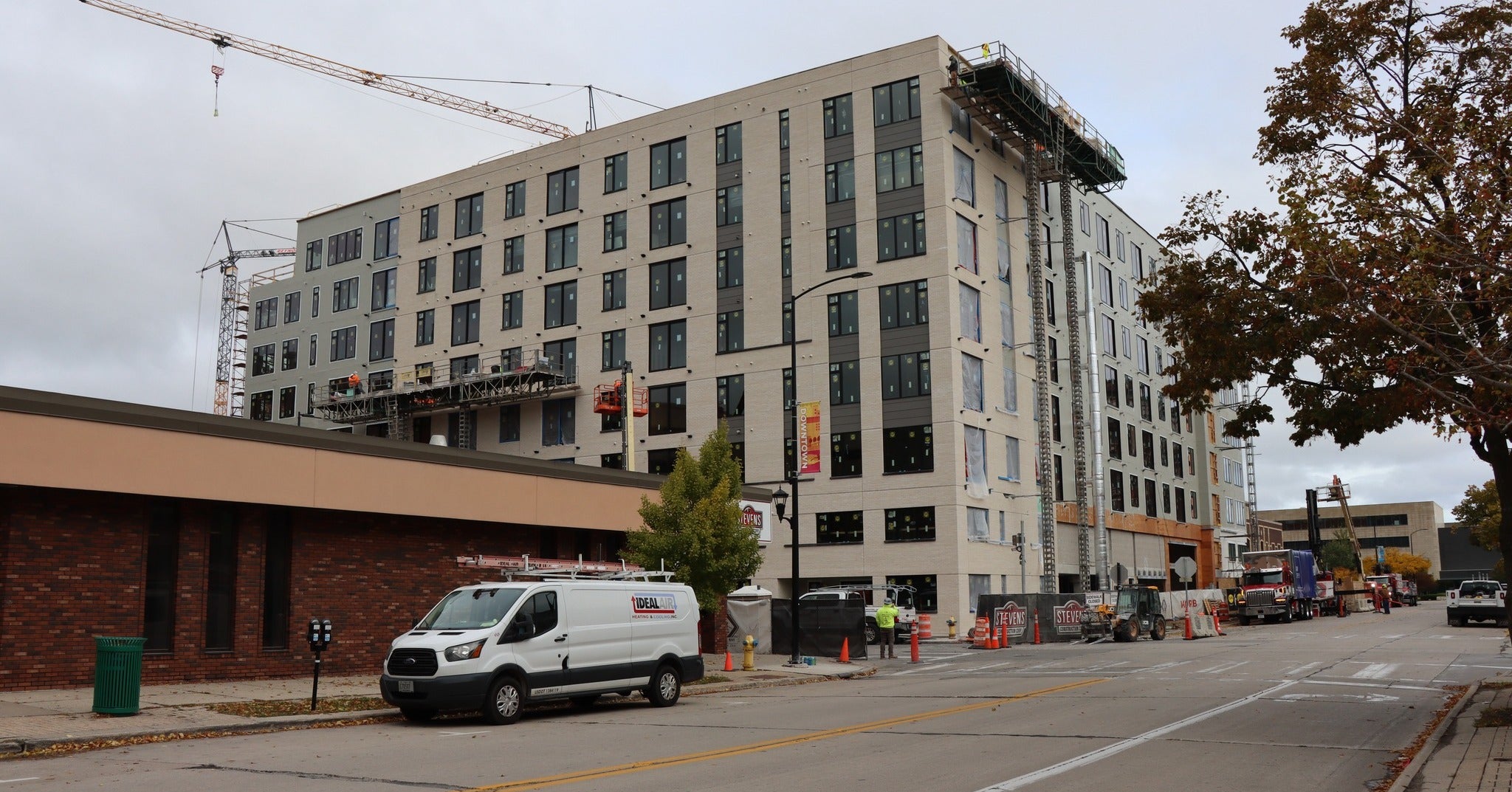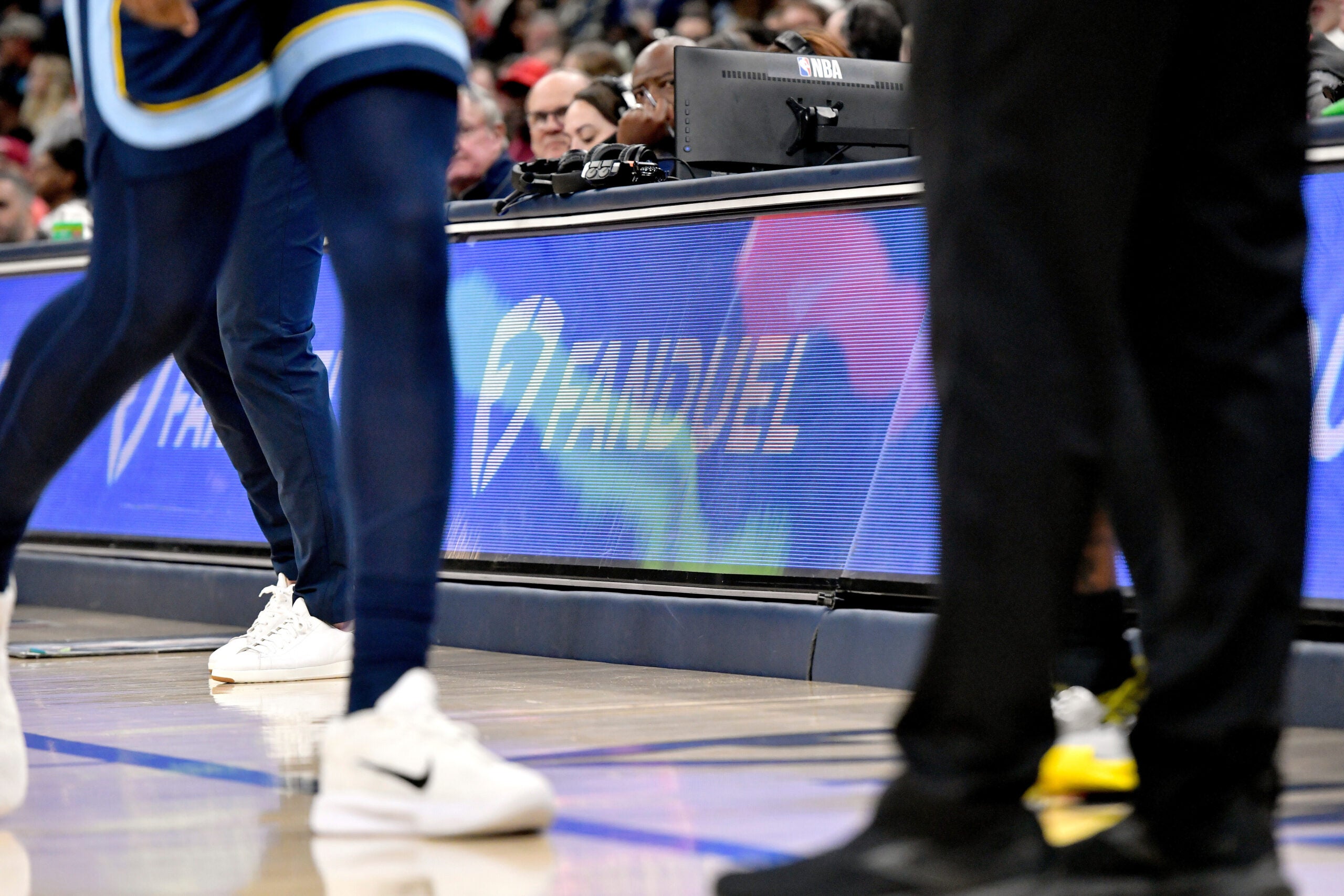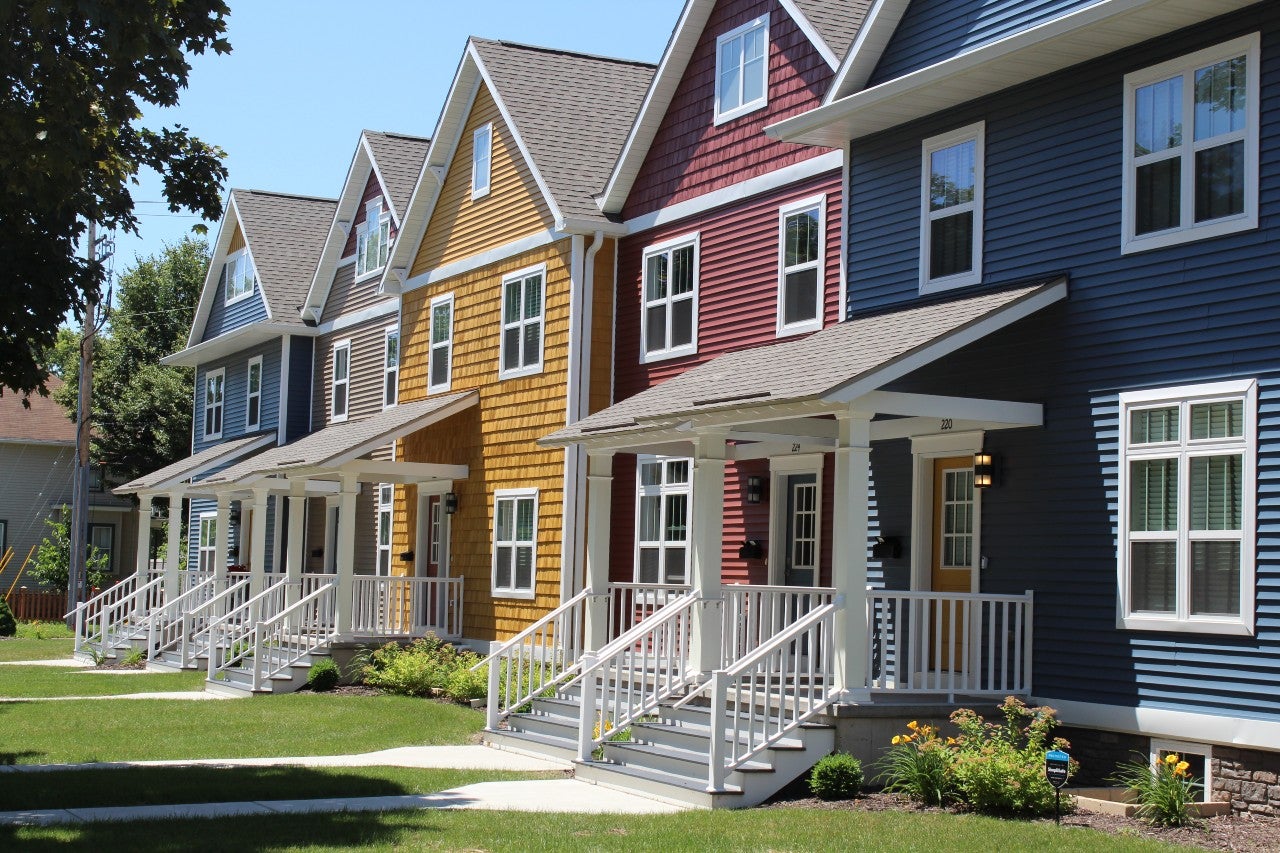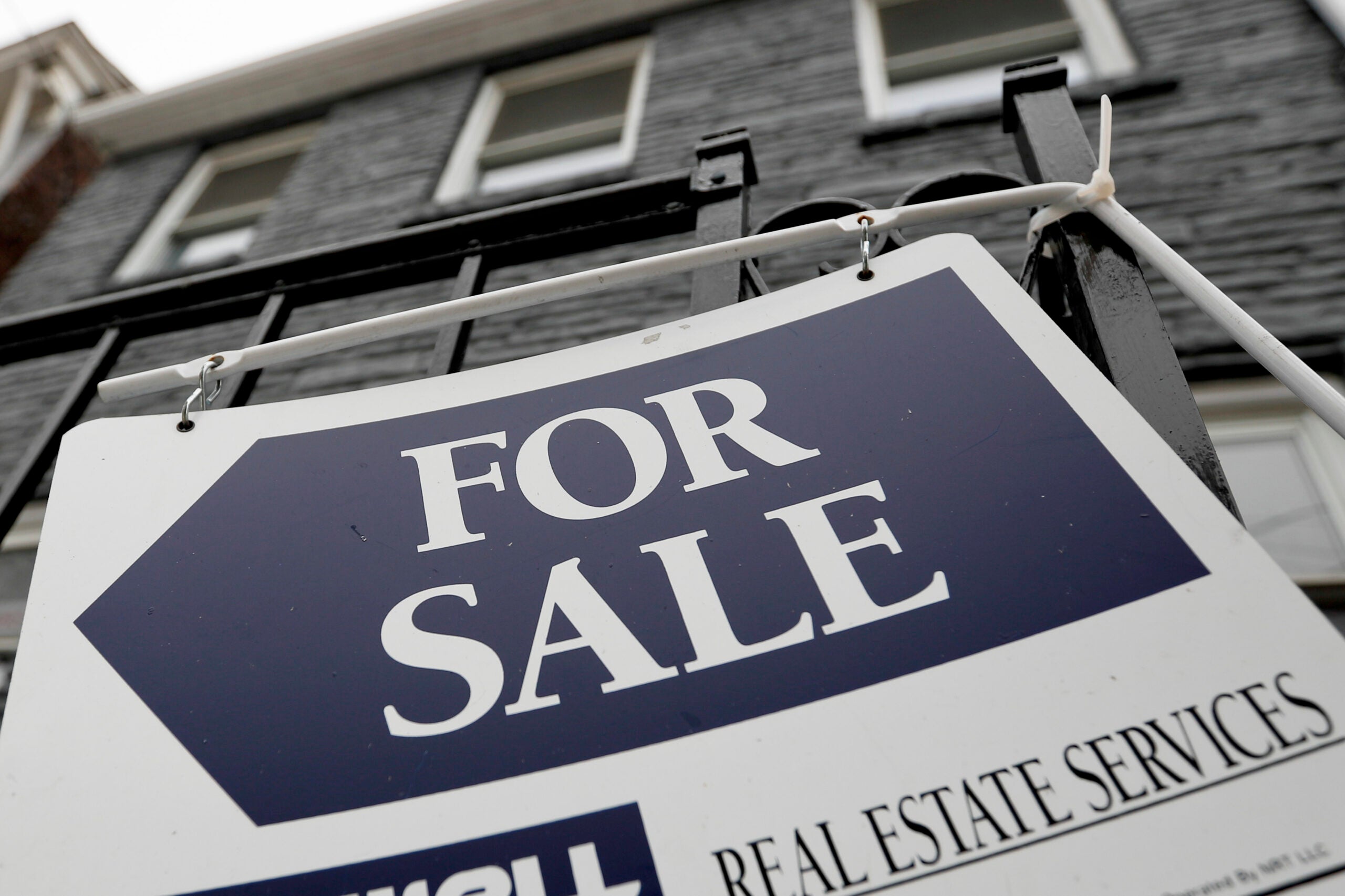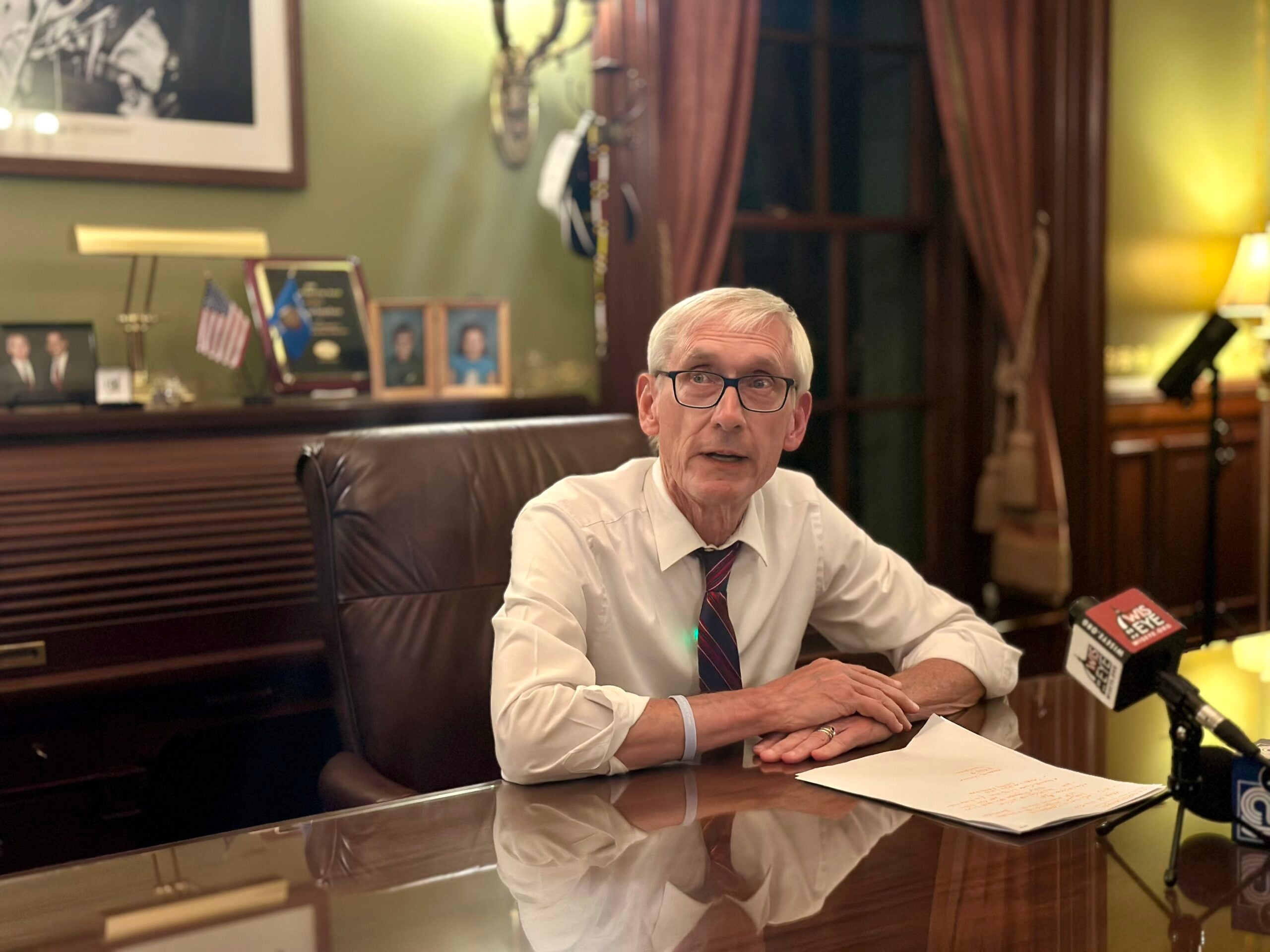A slate of bipartisan bills aimed at addressing Wisconsin’s housing needs passed out of the state Legislature on Wednesday.
All together, the legislation would allow for low- and no-interest loans for some housing projects and make it easier for housing developments to be approved by local governments. Supporters say the bills will help grow Wisconsin’s workforce by attracting more people to the state.
The package will now head to Gov. Tony Evers’ desk. His spokesperson did not respond to a request for comment about whether he would support the bills.
News with a little more humanity
WPR’s “Wisconsin Today” newsletter keeps you connected to the state you love without feeling overwhelmed. No paywall. No agenda. No corporate filter.
Every bill but one had both Republican and Democratic co-authors, and many also received support from real estate and construction industries, local government associations and public health groups.
“We’ve got a severe shortage in housing. As a real estate professional, I can tell you that these bills that we’re talking about today are monumental because I’ve got buyers and sellers in a very crazy market,” said Scott Krug, R-Nekoosa, a sponsor of one of the plans.
Several bills create revolving loan funds — one for developing workforce and senior housing, one to turn vacant commercial buildings into new residential developments and another for Main Street housing rehabilitation, which incentivizes the development of housing above commercial spaces in community downtowns.
Another bill would provide low-interest loans for residents making improvements to older homes.
The programs would be administered by the Wisconsin Housing and Economic Development Authority.
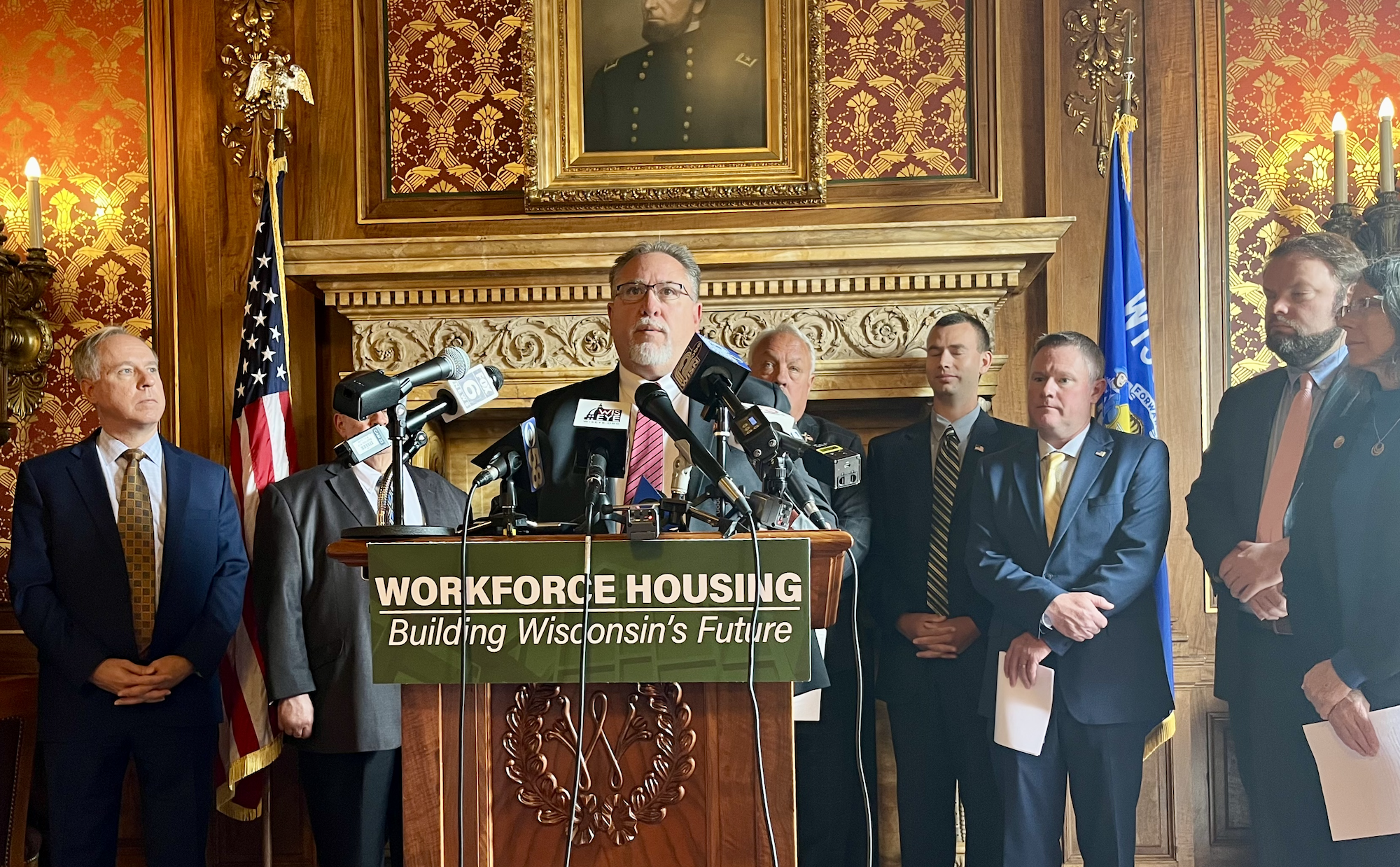
And one bill makes it harder for community members to block new housing as long as a proposed development meets existing zoning requirements. Its supporters have referred to it as an “anti-NIMBY” bill, referring to the acronym “Not In My Backyard,” which describes residents who push back against developments in their neighborhoods. The bill would require local governments to approve a development that meets existing zoning rules, and would lay out a court process for developers who feel the rules have been changed on them mid-project.
Unlike the other bills, which were co-sponsored by both Republicans and Democrats, that bill had solely Republican cosponsorship. Like the other bills, it passed out of the Assembly on a simple voice vote. It passed out of the Senate on a vote of 32-1.
“This bill gives an opportunity to be able to get past some of what we call NIMBYism and be able to work through that process,” said David Murphy, R-Greenville. “We can’t let a few people stop progress in our communities.”
According to Forward Analytics, the research arm of the Wisconsin Counties Association, Wisconsin needs to build about 140,000 housing units to accommodate the state’s existing population.
And if Wisconsin wants to grow its population by attracting out-of-staters — which experts say is important to growing a shrinking labor pool — the state will need to build even more housing.
Rep. Mike Bare, D-Verona, who sits on the Assembly housing committee, said that, as a former housing advocate, he sees the bills as “a good step in the right direction,” and praised the bipartisan process.
“I think it’s refreshing to have been part of a bipartisan effort here in this building and in this chamber,” he said. “And I hope that that effort that this committee has done can be a model for us going forward on other vexing problems that we can move on in a bipartisan way and actually get some things done, because it feels good to get some things done, doesn’t it?”
The legislation was approved on the same day that a massive — and contentious — overhaul of how the state funds local communities made its way through the Legislature, after months of debate and eleventh-hour negotiations.
Wisconsin Public Radio, © Copyright 2025, Board of Regents of the University of Wisconsin System and Wisconsin Educational Communications Board.

